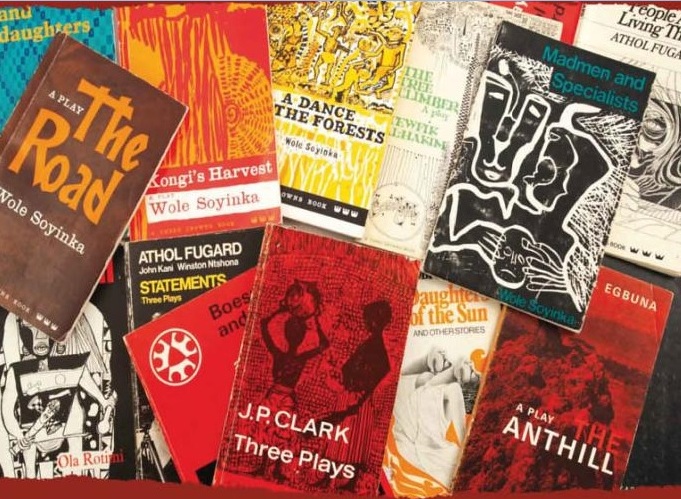By Destiny Uko
Much to the chagrin of book lovers, inflation has taken a toll on literature in recent years. Hardcovers are rapidly declining amidst the rising cost of production, putting quality at risk. Nowadays, low-income households are increasingly priced out of hardcopy textbooks. However, the digital era offers some succour.
Thanks to the growing spread of mobile devices and internet connectivity, online libraries are now bridging the gap in education. These platforms provide a digital alternative for thousands of learners to access academic materials–for free or at minimal cost–all from the comfort of their homes.
Library Genesis (LibGen)
A popular option among Nigerian students, this open online library hosts millions of academic books, journal articles, scientific papers and educational resources. LibGen’s comprehensive access spans fields such as engineering, computer science, medicine, law and social sciences.
Without even registering, users can download high-quality PDFs through a simple search box for free. Little wonder LibGen is particularly common among university undergraduates and postgraduate students and researchers
National Virtual Library of Nigeria
This was created by the National Universities Commission (NUC) to foster digital learning in Nigerian tertiary institutions. The platform offers access to a curated collection of textbooks, theses, research papers and reference materials relevant to the Nigerian curriculum.
It also features academic journals and textbooks in core disciplines such as agriculture, law, health sciences, engineering, and education. While some features may require login credentials, the virtual library is still a promising resource for students who want a credible, digital space with cultural relevance.
This is primarily suited for younger learners, particularly those in primary and secondary school, Though a learning app, uLesson includes a growing digital library that offers e-books, quizzes, revision tools and interactive videos that align with Nigerian and West African syllabuses.
What’s more, the app provides simplified tutoring in core subjects like Mathematics, Biology and English for students preparing for entrance examinations, with an engaging delivery to boot. While uLesson does have a paid version, its free service still provides enough valuable learning resources.
If you’re looking to introduce your children to cultural history, then this is an ideal option. The platform provides hundreds of illustrated e-books in more than 200 African languages, including Yoruba, Hausa, Igbo and Pidgin English. It is most ideal for learners in early years and primary education and for teachers and parents.
African Storybook allows users to translate books, create their own versions, or download stories for offline reading. In areas where physical libraries are limited, this platform brings reading within reach.
A smaller but evolving platform, Trove is an Afrocentric reading app that features short stories, personal essays, and other content that comply with academic syllabuses in African schools. Although not as broad as its counterparts, Trove offers a unique space for learners with inclinations in literature, humanities and social studies.
Unlike many other apps that focus only on technical or science subjects, Trove stands out for its panoply of texts in the arts and humanities, written mostly by African writers. This local context makes it of great appeal to African students looking to learn more about their culture or those working on class assignments
While hardcover texts soar in price, these platforms offer a promising alternative, shaping how education is accessed in Nigeria. These digital libraries offer an ample opportunity for students seeking to evade the costs of hardcover texts and those eager to learn about African history without the stress of thumbing through dog-eared tomes.
The rising inflation has impacted the cost and accessibility of hardcover books, making them increasingly unaffordable for low-income households. However, the digital era presents alternatives through online libraries, allowing access to educational resources at minimal costs. Notable platforms include Library Genesis (LibGen), a popular choice among Nigerian students with millions of freely available academic books and papers. The National Virtual Library of Nigeria, established by the National Universities Commission, offers a curated collection of academic resources relevant to the Nigerian curriculum, although some features may require registration.
For younger learners, uLesson provides e-books, quizzes, and interactive videos aligned with West African syllabuses, including free resources for exam preparation. African Storybook offers culturally enriching content with illustrated e-books in over 200 African languages for early learners and offers translation and creation options. Trove, an Afrocentric app, highlights African literature and humanities content, appealing to students seeking cultural knowledge or completing assignments. Together, these platforms provide cost-effective alternatives to hardcover books, ensuring educational accessibility across Nigeria.






